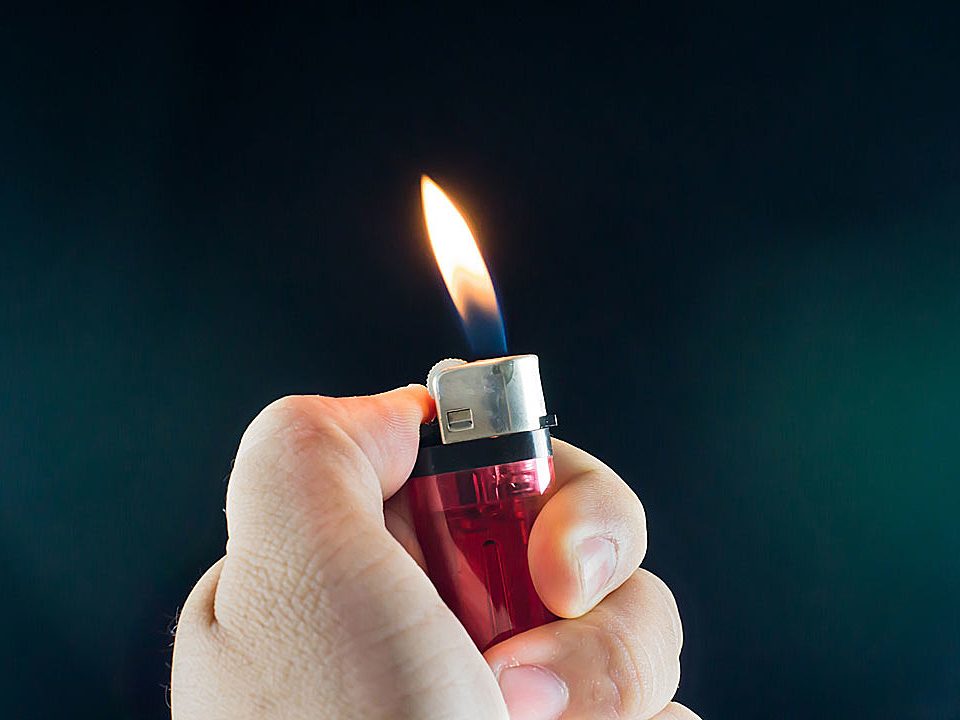Catching Fire in the New Year
Catching Fire in the New Year
 Last week I saw the movie, Catching Fire, with Georgette and two of our daughters, Mary and Teresa. Catching Fire is based on the second book of The Hunger Games trilogy, and picks up where the original movie, The Hunger Games, left off. Following the events of the first movie, the main character, Katniss Everdeen, returns home to her mother and sister.
Last week I saw the movie, Catching Fire, with Georgette and two of our daughters, Mary and Teresa. Catching Fire is based on the second book of The Hunger Games trilogy, and picks up where the original movie, The Hunger Games, left off. Following the events of the first movie, the main character, Katniss Everdeen, returns home to her mother and sister.
When she enters her mother’s house, Katniss is greeted by government officials, one of whom is President Snow, the dictatorial leader of the nation of Panem. Snow is upset with Katniss because she tricked the person who was in charge of the games into changing the rules so she and one of her competitors, a young man from her district, could both be permitted to live (rather than one of them having to be killed by the other).
Snow is angry because Katniss’s defiance of the government inspired citizens from several of the districts to rebel against the government. Snow fears that there will be a widespread rebellion among the citizens that accelerates into a revolution against his government. He threatens Katniss and tells her how she is to behave when she goes on a previously planned victory tour. Snow makes it clear to Katniss that if she goes against his wishes, her family members and friends will be persecuted or killed.
Within days of Snow’s meeting with Katniss, riots break out in some of the districts of Panem. Snow blames Katniss for the riots. In a meeting with another government official, Plutarch Heavensbee, the following conversation takes place:
President Snow: She’s not who they think she is. She just wants to save her skin. It’s as simple as that. She has become a beacon of hope for them. She has to be eliminated. What do you think?
Plutarch Heavensbee: I agree she should die but in the right way, at the right time. Katniss Everdeen is a symbol. We don’t have to destroy her, just her image. Show them that she’s one of us now. Let them rally behind that. They’re going to hate her so much they just might kill her for you.
Like all dictators, Snow uses fear to control the people of his nation. Fear of death. Fear of being beaten. Fear of starvation. Fear of having family members disappear when the rules aren’t followed. But Snow has his own fears, one of which is that the people of Panem have developed too much hope as a result of witnessing Katniss’s bravery.
In the original movie, during a discussion concerning the purpose of the hunger games, the following conversation took place between President Snow and Seneca Crane, the government official who was in charge of the games:
President Snow: I mean, why do we have a winner? I mean, if we just wanted to intimidate the districts, why not round up twenty-four at random and execute them all at once? It would be a lot faster.
[Seneca Crane just stares, confused]
President Snow: Hope.
Seneca Crane: Hope?
President Snow: Hope. It is the only thing stronger than fear. A little hope is effective. A lot of hope is dangerous. Spark is fine, as long as it’s contained.
Seneca Crane: So…?
President Snow: So, contain it.
When Crane fails to contain the hope, Snow sees to it that he is eliminated.
President Snow knows that if the citizens of Panem lose hope, they will be overtaken by despair and will no longer be willing to work in the mines, fields, and factories. He understands that they must have some hope so they will have a reason to get out of bed in the morning and go on with their lives; however, he also understands that if they have too much hope, they will rise up and try to overthrow his repressive government.
The wisdom of Suzanne Collins, the Catholic author of The Hunger Games books, is evident by the way she balanced President Snow’s concerns about hope with his masterful use of fear to control the people of his nation.
The Modern Catholic Dictionary defines “hope” as follows:
The confident desire of obtaining a future good that is difficult to attain. It is therefore a desire, which implies seeking and pursuing; some future good that is not yet possessed but wanted, unlike fear that shrinks from a future evil. This future good draws out a person’s volition. Hope is confident that what is desired will certainly be attained. It is the opposite of despair. Yet it recognizes that the object wanted is not easily obtained and that it requires effort to overcome whatever obstacles stand in the way.
As children, our lives were filled with great hope and anticipation. Unfortunately, as we grow older, the burdens and struggles of life overwhelm us and our youthful hope sometimes turns into discouragement and despair.
Each January, when the new year is upon us, we have an opportunity to renew our hope for the future. Although we hear about the importance of making New Year’s resolutions, most of us don’t realize that with each new resolution that we make, we increase our hope for the future.
Pope John XXIII once said, “Consult not your fears, but your hopes and dreams. Think not about your frustrations, but about your unfulfilled potential. Concern yourself not with what you tried and failed in, but with what is still possible for you to do.”
A resolution that is sincerely made and kept has the effect of overcoming fear by tapping into the vast reservoir of hope. You have the ability to make this the best year of your life if, with intention and purpose, you tap into hope — the confident desire of obtain a future good. Don’t let the opportunity to create new hope for your future pass you by in 2014.




2 Comments
Dear Georgette and Harry –
You never cease to amaze me!! As I begin reading to unfold your message, I often wonder where it will lead – as your narrative develops, the theme becomes clear, and always contains a deeply spiritual message! I love it! God has given you a talent with words, and the ability to recognize and use this gift well.
On this Feast of the Wise Men – the Epiphany – let us imitate their courage to search for, find and Worship our Infant King.
Love, Sister Roberta
Thanks for your comment, Sister. It’s always good to hear from you. I hope is going well for you.
Harry